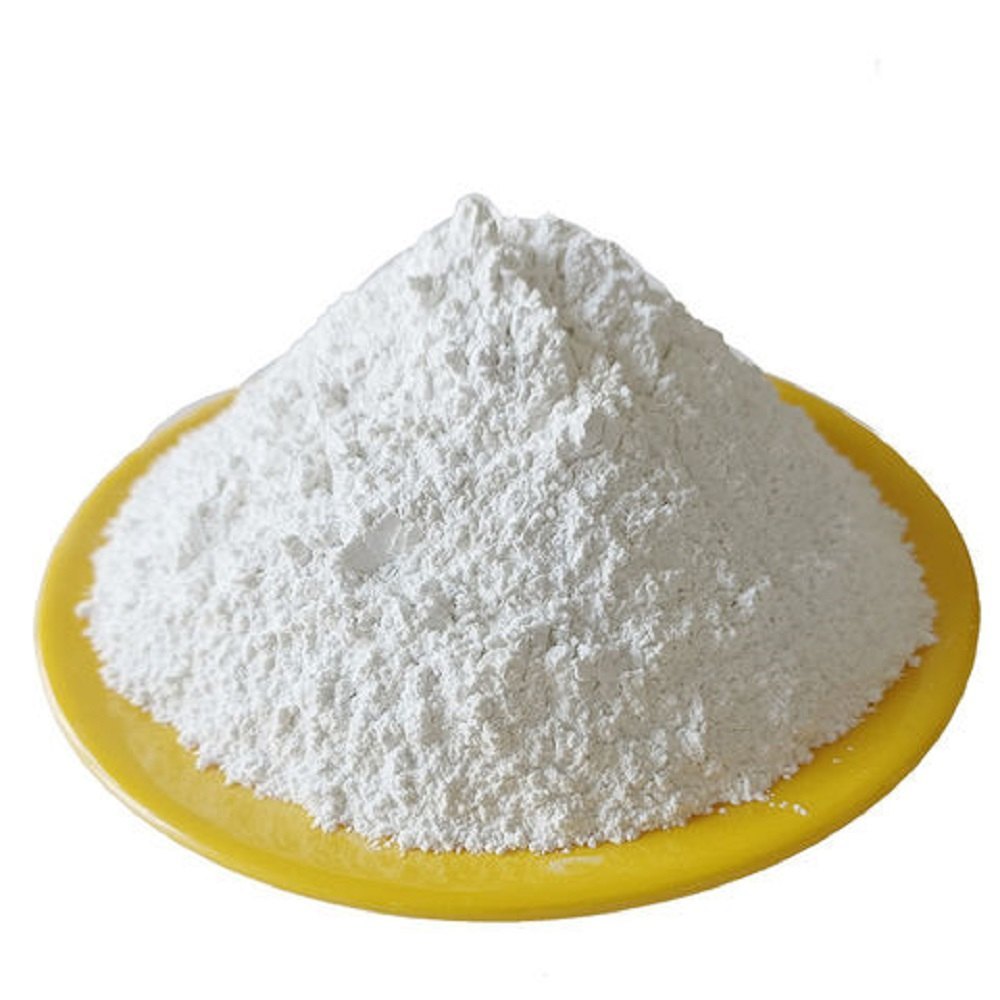Calcium carbonate plays a crucial role in maintaining various environmental and geological processes on Earth. From contributing to the formation of rocks to supporting marine life, this compound has a broad range of important functions.
Role in Rock Formation
Calcium carbonate is a fundamental component of sedimentary rocks such as limestone and marble. These rocks are formed through the accumulation and compression of calcium carbonate-rich materials over time. Limestone, for instance, often originates from the remains of marine organisms, which accumulate on the ocean floor and eventually form limestone rock. This rock is not only significant in the geological landscape but also plays a key role in the carbon cycle by storing carbon dioxide from the atmosphere.
Support for Marine Life
In marine environments, calcium carbonate is essential for the formation of shells and skeletons in various organisms. Marine creatures such as corals, mollusks, and some algae use calcium carbonate to build their protective shells and skeletons. This process, known as biomineralization, contributes to the formation of coral reefs and contributes to the biodiversity of marine ecosystems. Coral reefs, which are often built from calcium carbonate, provide crucial habitats for a wide variety of marine species and protect coastlines from erosion.
Impact on Soil Health
Calcium carbonate also benefits soil health. When added to soil, it can help to neutralize soil acidity, which is essential for optimal plant growth. Acidic soils can hinder the availability of essential nutrients, so calcium carbonate can improve soil fertility and support agricultural productivity. Farmers and gardeners often use calcium carbonate powder to enhance soil quality and ensure that crops have the best conditions for growth.
Industrial Uses
In addition to its natural roles, calcium carbonate is widely used in various industrial applications. It serves as a filler in products such as paints, rubber, and plastics, where it improves texture and consistency. Calcium carbonate is also used in the production of cement and glass. In these industries, it acts as a fluxing agent, which lowers the melting point of raw materials and helps in the creation of high-quality end products.
Environmental Benefits
Calcium carbonate has several environmental benefits. Its use in water treatment helps in reducing the acidity of drinking water and wastewater. By neutralizing acids, it improves water quality and protects aquatic life. Additionally, the process of manufacturing calcium carbonate can be environmentally friendly when done by reputable calcium carbonate manufacturers in India, who ensure that their operations minimize environmental impact and follow sustainable practices.
Conclusion
Calcium carbonate is more than just a common compound; it is vital for the Earth’s health and stability. Its roles in rock formation, marine life support, soil enhancement, and industrial applications highlight its importance across various domains. Understanding and utilizing calcium carbonate effectively can contribute to environmental sustainability and industrial efficiency, ensuring that its benefits are maximized for both nature and human use.

